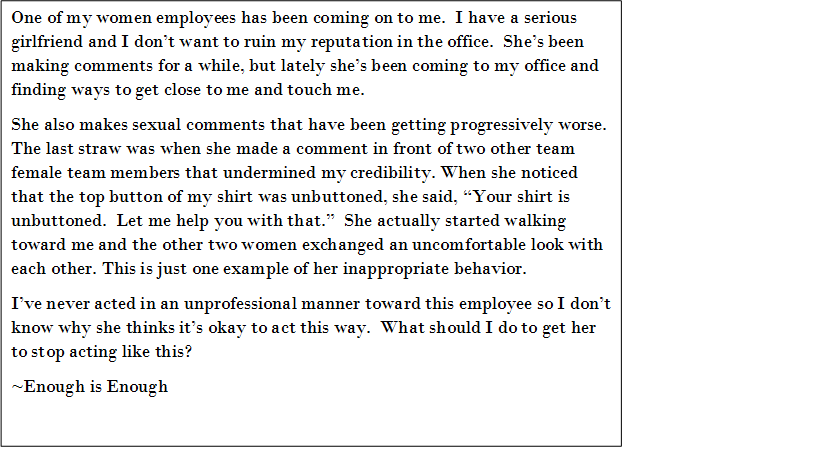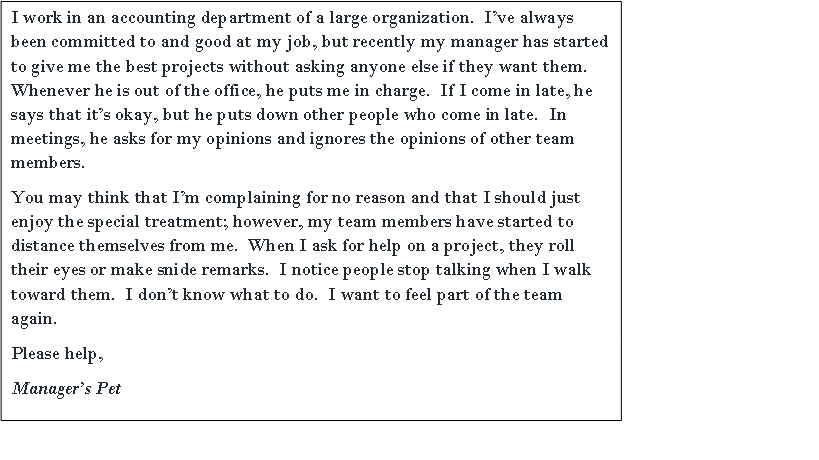There’s a difference between having loyal employees who believe in you and the company vision and having people who follow because they don’t want to make waves or get into trouble. It’s important for employees to believe in the organization’s mission and goals and to want to help reach those goals. But following blindly can lead to big problems.
You may be thinking that it’s great that everyone agrees with what you’re saying. However, it could mean that they don’t care enough or are afraid to speak up. Typically, strong emotions are linked with strongly believing in something. It’s much easier for someone who doesn’t care to sit back and watch the organization go down the wrong path than to speak up and risk disapproval or discipline.
A company that I worked with had a CEO who did not like to hear about the reasons that people were leaving. This company was experiencing extremely high turnover, which was costing thousands of dollars every month, yet he didn’t want to know the feedback that employees gave in the exit surveys.
As difficult as it may be for you to listen to information that goes against what you believe, it’s important that you do it. If not for yourself, do it for your company.
You may feel as if you’re opening yourself up to listen to complaints and arguments on a daily basis, but you can set up the situation so this is not the case. Encourage people to offer solutions when they come to you to express their concerns. Set aside a time each week when people can come and discuss these issues with you. Ask them, “What is the problem?” “How is it affecting the business or how will it affect the business in the future?” “What are potential solutions?” In addition to encouraging people to talk to you about concerns, also provide an anonymous way for people to share information.
During team meetings, ask someone to act as a devil’s advocate and ask the tough questions. Employees are going to observe how you react when they do give you information or ideas that challenge the status quo. How you handle this information is going to play a big role in whether or not they choose to continue to give you this type of information. Thank the person when they give you the information. If it makes you angry or emotional, take yourself out of the situation and then revisit it after you have calmed down.
It’s much better to be a leader that can listen to what employees are saying and use it to lead people to great heights than to tune out everyone’s opinions and lead people off a cliff.


 I appreciate you bringing up this question, because I’m sure many readers as well as your own team members don’t realize how the person receiving preferential treatment may feel.
I appreciate you bringing up this question, because I’m sure many readers as well as your own team members don’t realize how the person receiving preferential treatment may feel.